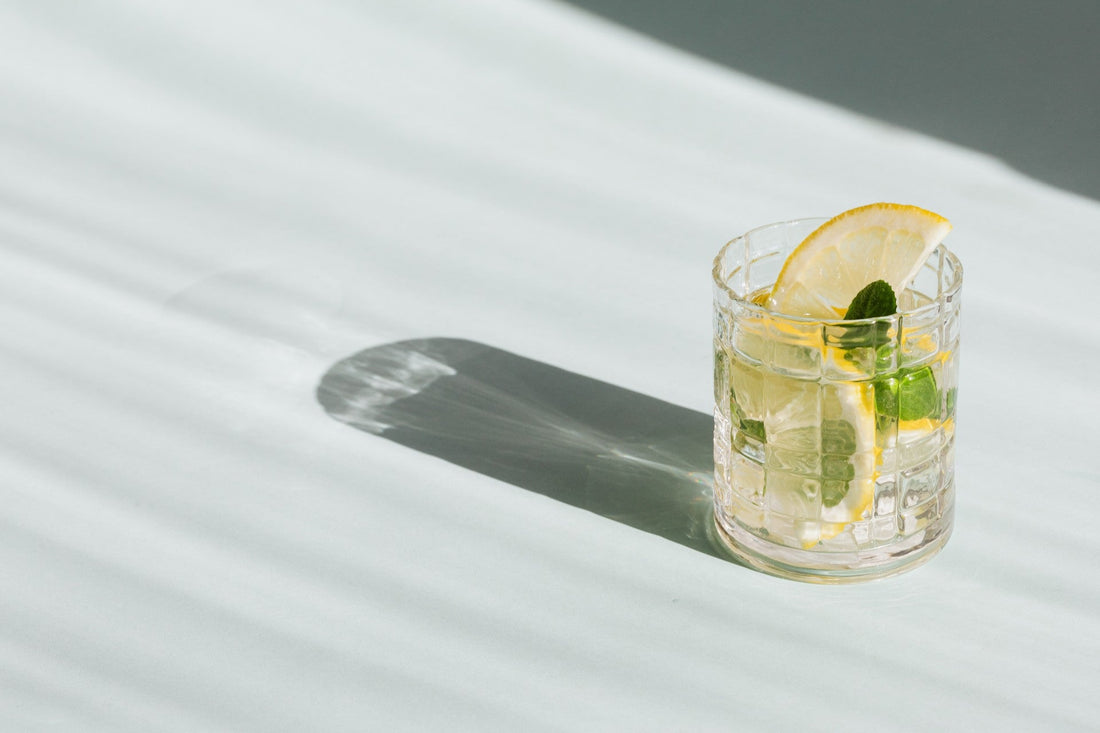
5 ways to keep your liver happy and healthy
Share
We may not be able to see it, but our liver is working around the clock to keep our bodies in check every day. It is our main filtering system that cleanses the blood, neutralises toxins, helps with the digestion of fat from our food, stores fat soluble vitamins, generates energy in times of need and so much more.
Despite being a resilient organ that has the unique ability to regenerate, dietary stressors and environmental toxins can get in the way of it functioning optimally. The more toxins we exposure ourselves to the harder the liver must work to remove them. With that comes a high energy and nutritional cost, which is why it’s super important to nourish it daily to allow it to perform at its best, so we can feel out best!
Signs that your liver may need some extra tender love and care
When your liver is overwhelmed, you may feel sluggish, tired and fatigued, experience headaches, have poor digestion, low appetite, feel nauseous after fatty meal and find yourself intolerant to strong odors like perfumes.
Keeping your liver healthy and happy doesn’t have to be difficult. Keep it sweet and simple by embedding the following holistic strategies into your life today!
Try herbal medicine
St Mary’s thistle is notoriously known as the ‘weed of crops’, but for herbalists, it’s prized for its liver-supporting properties. It is traditionally used in Western herbal medicine (WHM) to protect the liver and relieve digestive discomfort. It works well when combined with Dandelion root, a herb traditionally used in WHM as a bitter tonic to stimulate gastric secretions, relieve indigestion and promote a healthy appetite. On the other hand, Curcumin, the active ingredient in Turmeric, is a potent antioxidant that can help reduce free radicals in the body.
Get more shut-eye
We can all agree that sleep is important for our overall health, but why is it important for our liver? One of its main functions, detoxification, occurs while we sleep, ideally between 11pm and 3am. Interestingly, during these hours, the liver increases in size as it starts receiving blood from all over the body to be filtered and purified. Therefore, losing sleep around this window of time may not be good for our liver health both in the short and long-term.
Go Mediterranean
Sorry to break it to you, but contrary to common belief, short-lived juice cleanses are not the answer. While they can form part of a healthy diet, juices alone, especially those loaded with sugar, are not a complete food for the liver. The same story goes for processed foods, which are typically replete with saturated and trans fats and sugar, especially fructose, that get shunted to the liver, and can build up overtime and cause inflammation. Alternatively, consider switching to a Mediterranean style of eating. It’s full of nourishing polyunsaturated fats, antioxidants, vitamins and minerals. It’s one of the most well-researched diets showing remarkable health benefits for the liver[1].
Minimise alcohol
Excess alcohol intake can be damaging to the liver. When the liver breaks down alcohol, harmful by-products are created which can injure the precious hard-working liver cells. While alcohol is okay in moderation, the less you drink the better for your liver. To help you cut down, try substituting alcohol with naturally-flavoured water (infuse with slices of lemon and mint!) and herbal teas as these will boost your fluid intake to allow your liver to work efficiently.
Reduce your toxin exposure
We live in a world filled with toxins, from the pollution in the air, parabens and phthalates in cosmetics, pesticides and heavy metals in food to the plastics we use to store them in. While we may not be able to escape them all, we can make a conscious effort to reduce our toxic load. Consider transitioning your cleaning and cosmetic products to those with natural ingredients; store and heat foods in glass or stainless steel containers instead of plastic; install a water filter and consume organic food where you can.
[1] Zelber‐Sagi, S., Salomone, F., & Mlynarsky, L. (2017). The Mediterranean dietary pattern as the diet of choice for […]: evidence and plausible mechanisms. Liver International, 37(7), 936-949.
